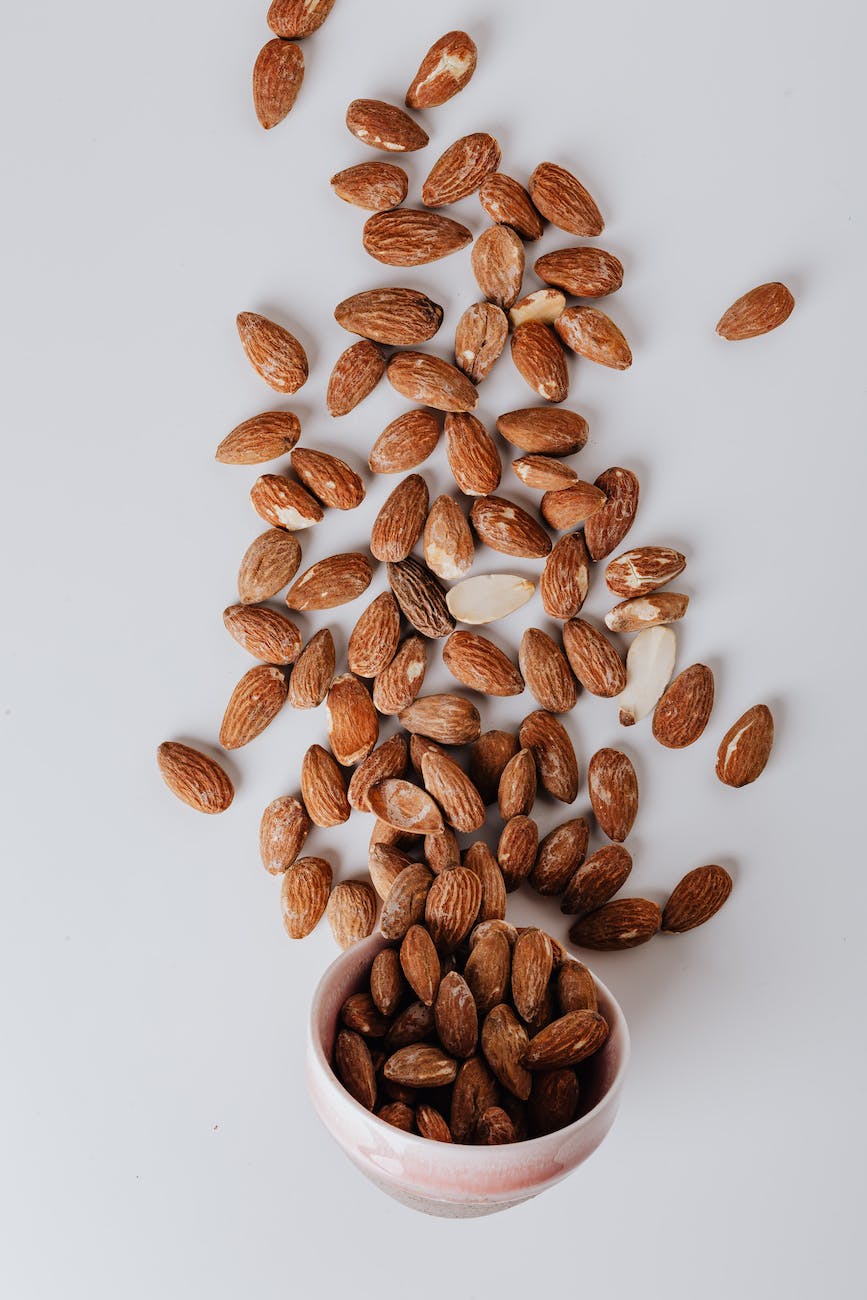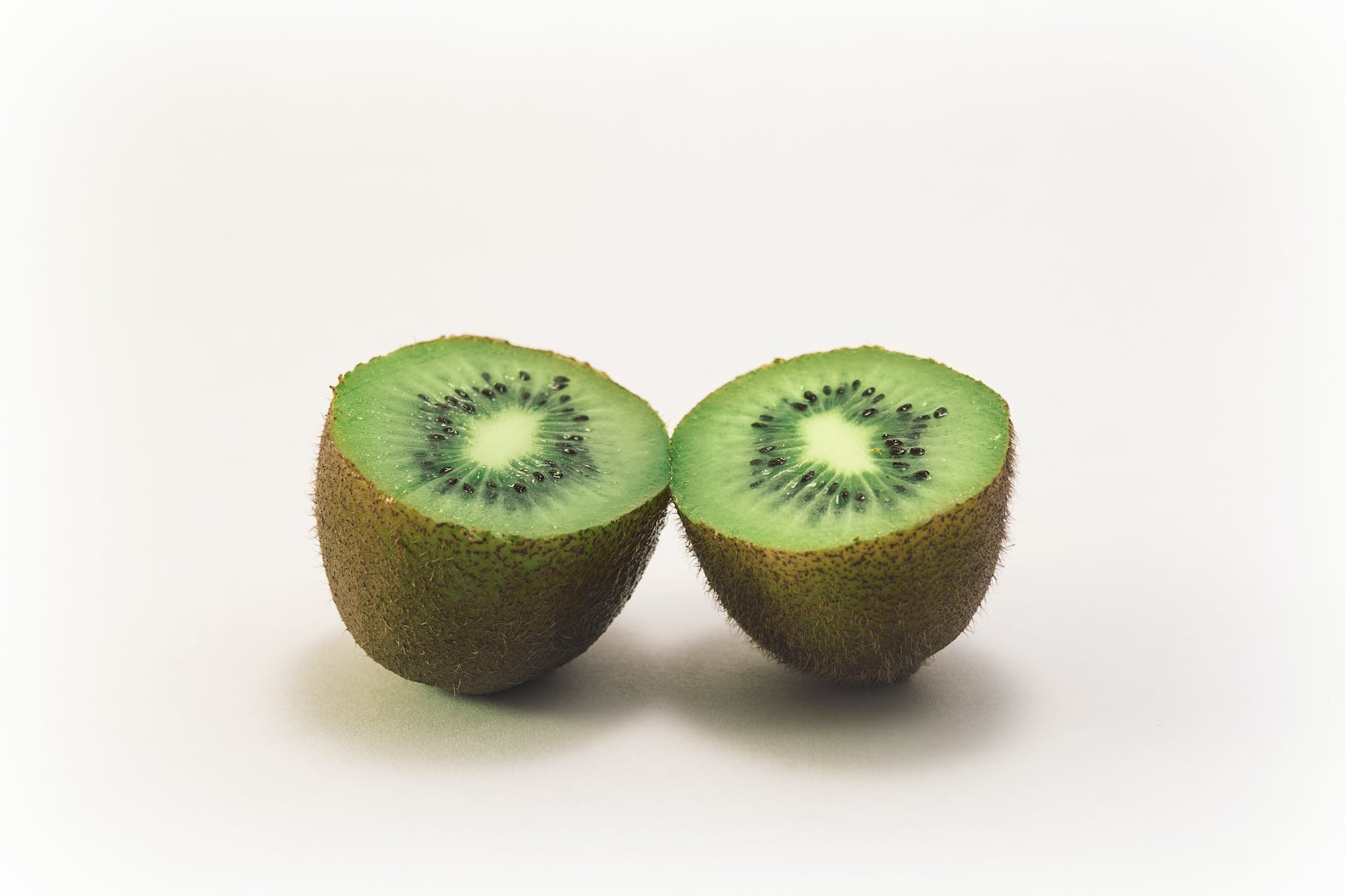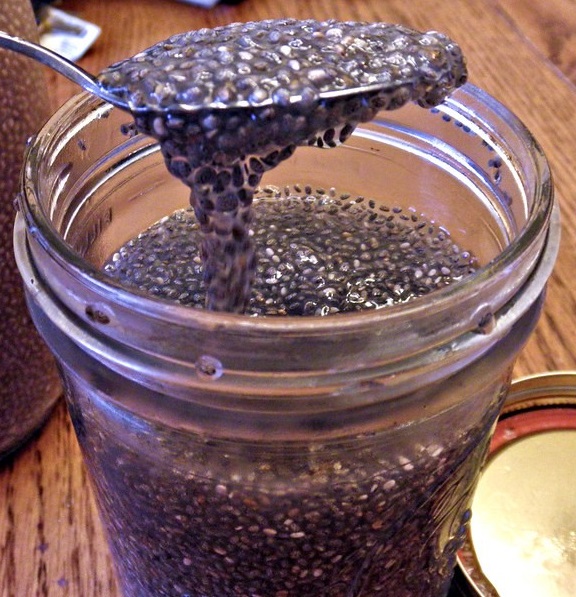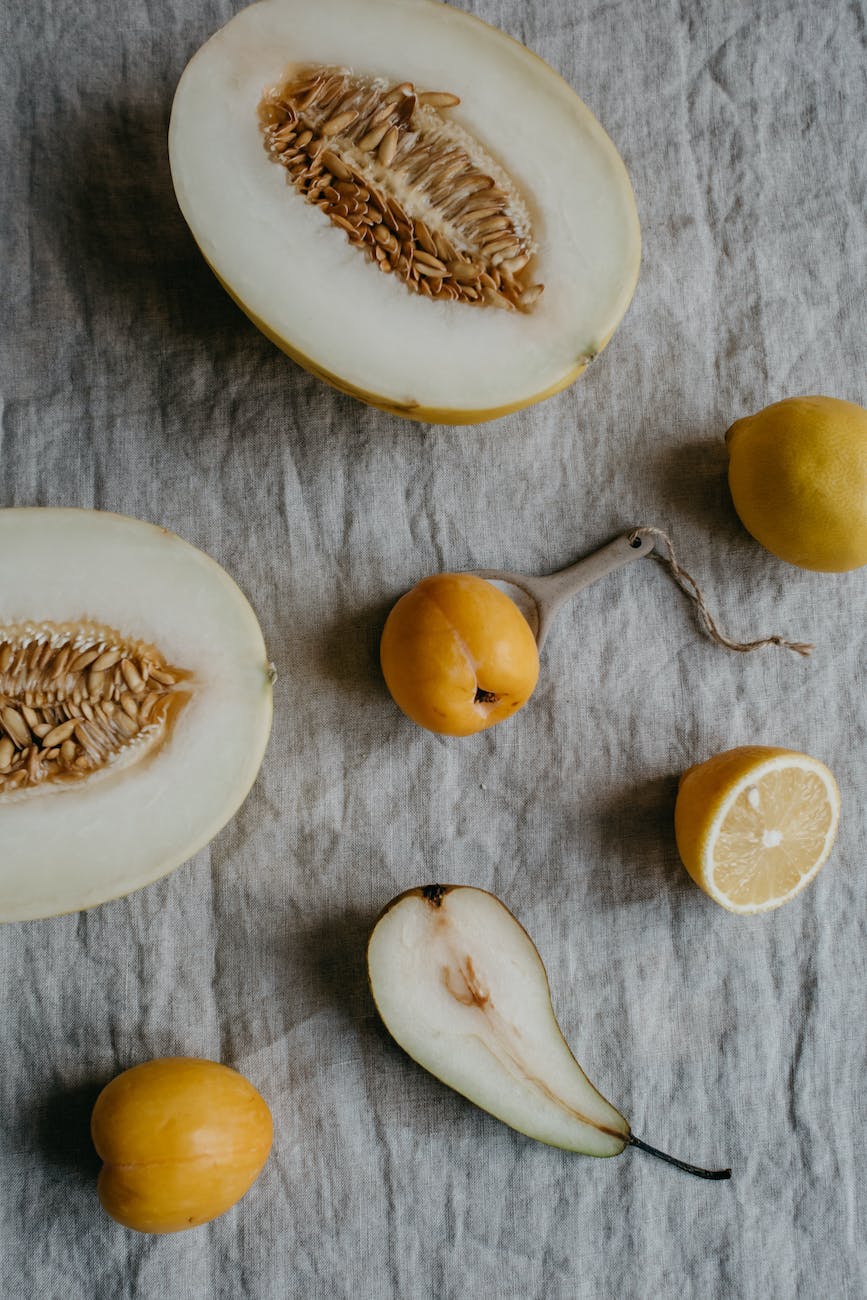
Are you ready for the ultimate battle of the seeds? In one corner, we have the tiny yet mighty chia seeds, and in the other corner, we have the versatile flax seeds. Which one will claim the title of the ultimate weight loss champion? Let’s dive in and find out! 🥊🏆
Nutritional Powerhouses: Chia Seeds and Flax Seeds 🌿💥
Chia Seeds: Chia seeds are nutritional powerhouses, packed with essential nutrients to support your weight loss goals. Just one ounce (28 grams) of chia seeds contains:
- Fiber: Chia seeds are an excellent source of dietary fiber, with 10.6 grams per ounce. Fiber helps promote feelings of fullness, aids in digestion, and supports healthy weight management.
- Omega-3 Fatty Acids: Chia seeds provide a substantial amount of omega-3 fatty acids, with 4,915 milligrams per ounce. Omega-3s play a crucial role in reducing inflammation, supporting heart health, and improving overall well-being.
- Protein: Chia seeds offer a decent amount of plant-based protein, with 4.7 grams per ounce. Protein is essential for building and repairing tissues, maintaining muscle mass, and supporting satiety.
| Nutrient | Chia Seeds (1 oz / 28g) |
|---|---|
| Fiber | 10.6 g |
| Omega-3 Fatty Acids | 4,915 mg |
| Protein | 4.7 g |
| Calcium | 177 mg |
| Iron | 2.2 mg |
| Magnesium | 95 mg |
| Phosphorus | 177 mg |
Flax Seeds: Flax seeds are nutrient-dense powerhouses that can aid in your weight loss journey. In one ounce (28 grams) of flax seeds, you’ll find:
- Fiber: Flax seeds are a great source of dietary fiber, providing 7.6 grams per ounce. Fiber helps regulate appetite, stabilize blood sugar levels, and promote healthy digestion, all of which are crucial for weight management.
- Omega-3 Fatty Acids: Flax seeds are one of the richest plant-based sources of omega-3 fatty acids, containing a whopping 6,388 milligrams per ounce. Omega-3s have anti-inflammatory properties and are beneficial for heart health and brain function.
- Protein: Flax seeds offer a considerable amount of plant-based protein, with 5.1 grams per ounce. Protein is essential for supporting muscle growth, repair, and maintenance during weight loss.
| Nutrient | Flax Seeds (1 oz / 28g) |
|---|---|
| Fiber | 7.6 g |
| Omega-3 Fatty Acids | 6,388 mg |
| Protein | 5.1 g |
| Calcium | 53 mg |
| Iron | 1.2 mg |
| Magnesium | 75 mg |
| Phosphorus | 180 mg |
Unleashing the Power for Weight Loss Success ⚖️😋
Both chia seeds and flax seeds bring their A-game to help you achieve your weight loss goals:
- Fiber Magic: The high fiber content in both chia seeds and flax seeds promotes feelings of fullness, helps control appetite, and aids in maintaining a calorie deficit for weight loss. Fiber also supports healthy digestion and can prevent constipation.
- Bye-Bye Cravings: Incorporating chia seeds or flax seeds into your diet can help curb cravings and prevent overeating. The combination of fiber, protein, and healthy fats in these seeds helps you feel satisfied and reduces the likelihood of snacking on unhealthy foods.
Supercharging Your Meals with Chia and Flax 🌟🥗🍳
Chia Seeds: Here are some creative and delicious ways to incorporate chia seeds into your daily meals and snacks:
- Breakfast Boost: Sprinkle chia seeds on top of your morning yogurt, oatmeal, or smoothies for an added nutritional punch. The seeds absorb liquid and develop a gel-like texture, adding a pleasant and filling element to your breakfast.
- Baking Bliss: Use chia seeds as an egg substitute in your favorite baking recipes. Mix one tablespoon of chia seeds with three tablespoons of water, and let it sit for a few minutes until it forms a gel-like consistency. This substitution adds nutritional value and works well in recipes like muffins, pancakes, and bread.
- Pudding Power: Create delicious chia seed puddings by mixing chia seeds with your preferred plant-based milk, such as almond milk or coconut milk. Add some natural sweeteners like honey or maple syrup, along with flavorings like vanilla extract or cocoa powder. Refrigerate the mixture for a few hours or overnight, and enjoy a creamy and satisfying dessert or snack.
- Snack Sensation: Mix chia seeds into homemade energy bars or granola for a nutritious and convenient on-the-go snack. Combine them with nuts, dried fruits, and a sweetener of your choice, and press the mixture into bars or roll them into energy balls. These snacks provide a great balance of energy, fiber, and essential nutrients.
Flax Seeds: Here are some ideas to incorporate flax seeds into your meals and elevate their nutritional value:
- Grinding Goodness: Grind flax seeds to maximize their digestibility and nutrient absorption. Whole flax seeds may pass through the digestive system undigested, preventing you from reaping their full benefits. Use a coffee grinder or blender to grind flax seeds into a fine powder, and store it in an airtight container for future use.
- Mix It Up: Add ground flax seeds to your cereal, yogurt, or protein shakes to boost their nutritional content. The mild, nutty flavor of ground flax seeds pairs well with various dishes and adds a delightful crunch.
- Eggcellent Replacement: Use flaxseed meal as an egg substitute in recipes that call for eggs. Mix one tablespoon of ground flax seeds with three tablespoons of water, and let it sit for a few minutes until it thickens. This flax “egg” can be used in baking recipes like muffins, cookies, and pancakes.
- Baking Brilliance: Incorporate flaxseed meal into your favorite baked goods like muffins, bread, or granola bars. Replace a portion of flour with flaxseed meal to boost the fiber and omega-3 content while adding a nutty flavor and a moist texture to your baked treats.
Choose Your Champion and Crush Your Goals! 💡💪
When it comes to weight loss, both chia seeds and flax seeds offer impressive nutritional profiles and benefits. The choice between them ultimately depends on your personal preferences, taste preferences, and specific dietary needs. Here are a few things to consider:
- Texture vs. Nuttiness: Chia seeds develop a gel-like texture when soaked in liquid, which some people find appealing. On the other hand, flax seeds offer a nutty flavor and can add a pleasant crunch to dishes. Consider which texture and taste you prefer when deciding which seed to incorporate into your meals.
- Allergies and Sensitivities: Some individuals may have allergies or sensitivities to one of these seeds. If you have any concerns, consult with a healthcare professional before incorporating them into your diet.
- Diversity and Balance: Remember that a healthy weight loss journey involves a balanced diet that incorporates a variety of nutrient-rich foods. While chia seeds and flax seeds offer valuable benefits, they should be part of an overall diverse and balanced eating plan.
No matter which seed you choose, always consume them in moderation as part of a well-rounded and balanced diet. Combine them with other healthy foods, engage in regular physical activity, and stay consistent with your weight loss efforts to achieve sustainable and long-lasting results.
So, are you ready to choose your champion and embark on a journey towards a healthier, happier you? Let the power of chia seeds or flax seeds support you in crushing your weight loss goals! 🌱💪🏆












